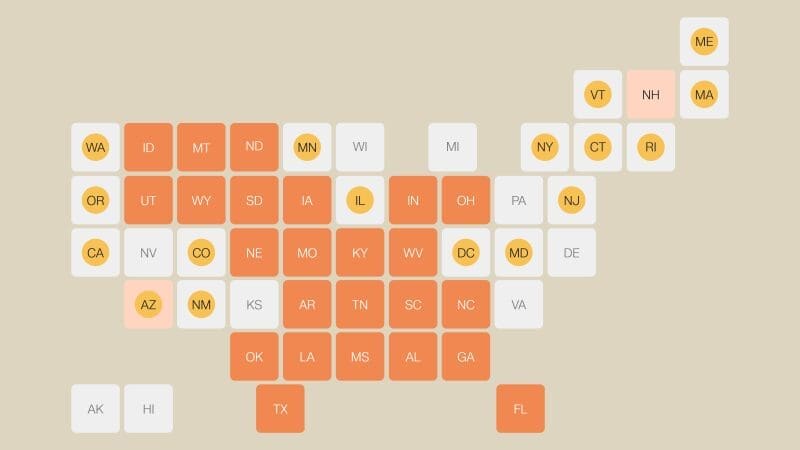The landscape of healthcare for transgender youth is undergoing significant transformation across the United States, as 26 states have implemented bans on gender-affirming care for minors. This development comes as the U.S. Supreme Court prepares to hear arguments challenging Tennessee’s ban on such care, a case that could set a precedent affecting similar laws nationwide.
The Movement Advancement Project, a nonprofit advocating for LGBTQ rights, reports that these restrictive laws affect approximately 40% of transgender youth aged 13 to 17, putting their access to medically necessary, evidence-based care at risk. This care is crucial for transgender individuals as it supports their transition from the gender assigned at birth to their affirmed gender, which is the gender by which they wish to be recognized.
Since the inaugural ban on gender-affirming care for minors was enacted in 2021, a wave of similar laws has swept across the country. The year 2023 was particularly contentious for this issue, with legislators from 19 states enacting bans on gender-affirming care for minors. These bans vary in severity, with some states categorizing certain types of care for minors as felony offenses, while others restrict the use of public funds for these services.
Conversely, 11 states and the District of Columbia have taken a divergent path by enacting ‘shield’ laws to protect access to gender-affirming care. This dichotomy reflects a deeply divided national stance on the issue, with states like Ohio, Wyoming, South Carolina, and New Hampshire adding to the list of those restricting care in recent months. Meanwhile, Maine and Rhode Island have passed legislation safeguarding these essential services.
Legal challenges have already begun to emerge in states like Arkansas, where the enforcement of the ban has been halted pending a court decision. In Montana, a temporary injunction is in place, delaying the implementation of restrictions. New Hampshire has announced that its ban on surgical care for minors will come into effect in 2025, despite research indicating that such surgeries are rare among transgender minors in the U.S.
Arizona presents a unique case where a 2022 ban on surgical procedures exists, yet Democratic Governor Katie Hobbs issued an executive order in 2023 to ensure that access to gender-affirming healthcare continues. This executive intervention highlights the ongoing tensions and complexities surrounding the provision of care for transgender youth.
As the Supreme Court prepares to deliberate on Tennessee’s ban, the outcome may have widespread implications for the legal landscape surrounding transgender youth care across the nation. The ongoing developments underscore a critical juncture in the discourse on healthcare rights and access for transgender individuals.
Source: CNN














